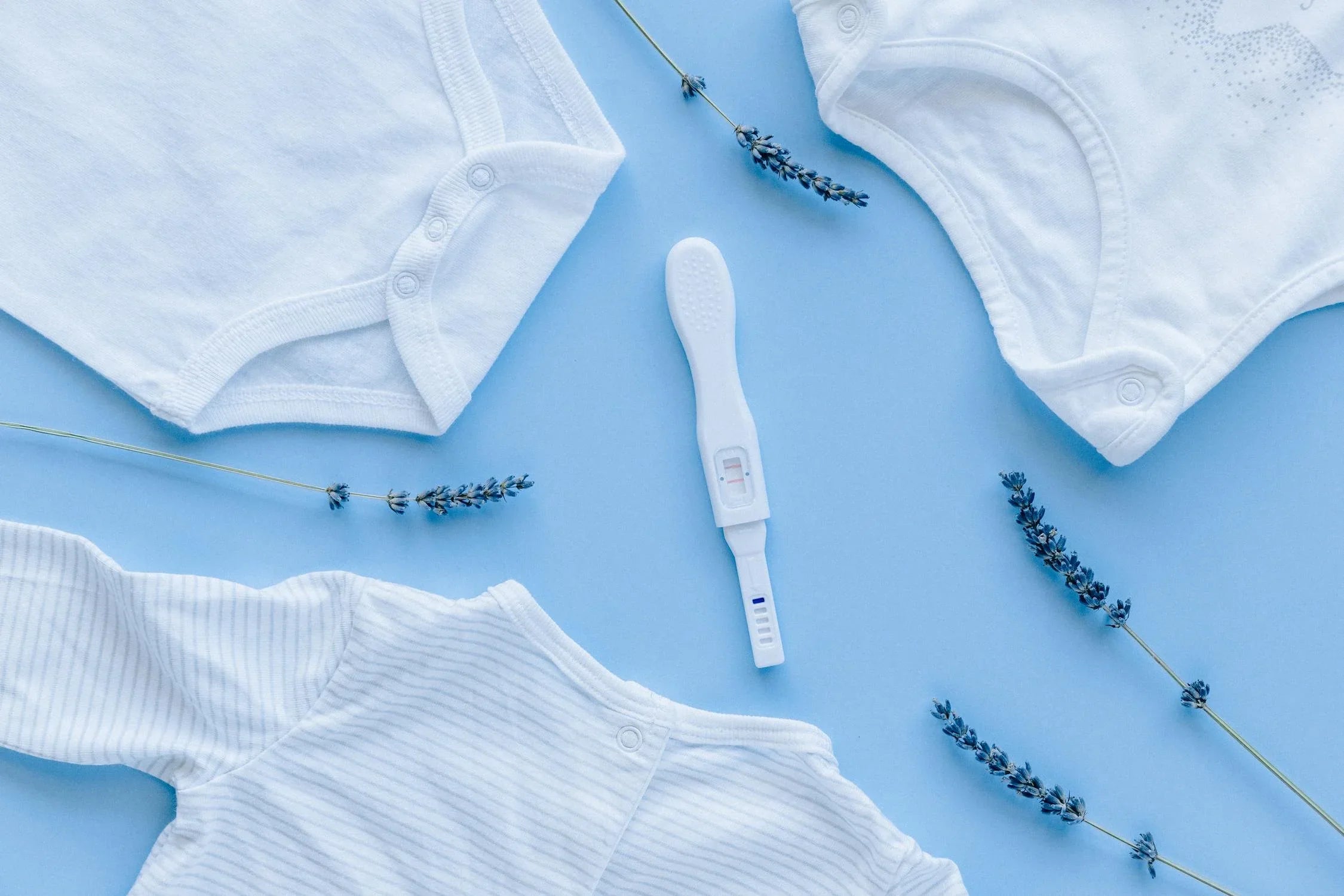Home
Pregnancy, Breastfeeding, and Pumping: The Ultimate Guide for Moms
Can a Pregnancy Test Be Positive at 1 Week? Exploring Early Detection

Can a Pregnancy Test Be Positive at 1 Week? Exploring Early Detection
When it comes to pregnancy, timing is everything. Many women wonder, can a pregnancy test be positive at 1 week? The answer isn’t as straightforward as you might think. Understanding how pregnancy tests work, the science behind early detection, and the factors that influence results can help you navigate this crucial period with confidence.
How Pregnancy Tests Work
Pregnancy tests detect the presence of human chorionic gonadotropin (hCG), a hormone produced by the placenta after a fertilized egg attaches to the uterine lining. Most home pregnancy tests are designed to detect hCG levels in urine. However, the timing of when hCG becomes detectable varies from person to person.
Can a Pregnancy Test Be Positive at 1 Week?
At 1 week post-conception, it’s highly unlikely for a pregnancy test to show a positive result. This is because hCG levels are typically too low to be detected by most tests. Conception usually occurs around the time of ovulation, which is roughly 2 weeks after the first day of your last menstrual period. Even if fertilization has occurred, it takes several days for the fertilized egg to implant in the uterus and for hCG production to begin.
When Can You Expect Accurate Results?
For most women, hCG levels become detectable about 10 to 14 days after conception. This means that taking a pregnancy test around the time of your missed period is more likely to yield accurate results. Some sensitive tests claim to detect pregnancy as early as 6 to 8 days post-conception, but these results can vary depending on individual hCG levels.
Factors That Influence Test Results
Several factors can affect the accuracy of a pregnancy test, including:
- Timing: Testing too early can result in a false negative.
- Test Sensitivity: Some tests are more sensitive to low levels of hCG.
- Urine Concentration: Using first-morning urine, which is more concentrated, can improve accuracy.
- Medications: Certain medications can interfere with test results.
What to Do If You Suspect Pregnancy
If you suspect you might be pregnant but receive a negative result at 1 week, wait a few days and retest. If you continue to experience symptoms of pregnancy or miss your period, consult a healthcare professional for further evaluation. Blood tests and ultrasounds can provide more definitive answers.
Understanding Early Pregnancy Symptoms
Early pregnancy symptoms can be subtle and easily mistaken for premenstrual symptoms. Common signs include fatigue, breast tenderness, nausea, and mild cramping. However, these symptoms alone are not a reliable indicator of pregnancy, as they can also occur due to other factors.
The Importance of Patience
While the anticipation of finding out whether you’re pregnant can be overwhelming, patience is key. Testing too early can lead to unnecessary stress and confusion. Waiting until the appropriate time to take a pregnancy test increases the likelihood of obtaining accurate results.
When to Seek Medical Advice
If you’re experiencing unusual symptoms or have concerns about your reproductive health, don’t hesitate to seek medical advice. A healthcare provider can offer guidance, perform necessary tests, and provide support throughout your journey.
So, can a pregnancy test be positive at 1 week? While it’s unlikely, understanding the science behind pregnancy testing and the factors that influence results can help you make informed decisions. Remember, timing is crucial, and patience is your best ally in this exciting yet uncertain time.
Share

